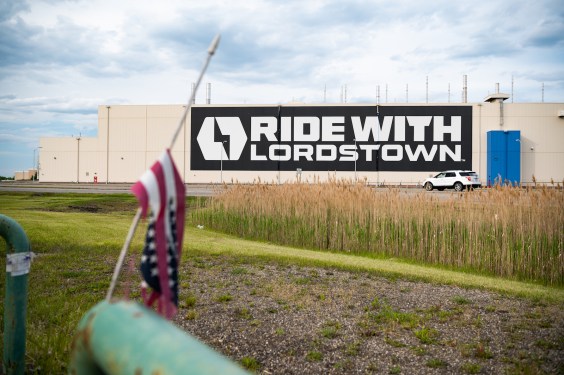Foxconn has sold the former GM factory it owned for three years after failing to establish meaningful large-scale electric vehicle production there. This marks the company’s second major failure to deliver on promises to revive U.S. manufacturing. Previously, Foxconn pledged to build a massive LCD factory in Wisconsin—a project former President Donald Trump once called the “eighth wonder of the world”—but ultimately fell far short of expectations.
The buyer, Crescent Dune LLC, is described by Foxconn as an “existing business partner.” Records show the entity was created in Delaware just 12 days before the sale. Foxconn spokesperson Matt Dewine declined to provide further details about the buyer. The company sold the factory and land for approximately $88 million, while machinery and equipment from its EV subsidiaries fetched around $287 million, according to filings with the Taiwan Stock Exchange.
A Foxconn representative stated that the company will continue to be involved in manufacturing products for customers at the Lordstown facility and remains committed to the automotive industry. However, reports indicate Foxconn now plans to repurpose the factory for AI server production. Dewine did not respond to requests for comment on these plans.
Foxconn originally purchased the former GM plant in 2021 for $230 million when it was owned by EV startup Lordstown Motors. At the time, Foxconn Chairman Young Liu declared it would become the most important electric vehicle manufacturing and R&D hub in North America. While Foxconn developed its own EVs in Asia, it also pursued contract manufacturing in the U.S.
However, three of the EV companies Foxconn expected to occupy the factory—Lordstown Motors, IndiEV, and Fisker Inc.—filed for bankruptcy. Lordstown Motors accused Foxconn of undermining its business, while IndiEV collapsed with less than $3 million in assets. Fisker, another intended partner, also declared bankruptcy.
A fourth company, Monarch Tractor, has had minimal impact, with Foxconn producing only a few hundred electric tractors. Monarch CEO Praveen Penmetsa did not respond to inquiries about whether production would continue in Ohio.
Foxconn did manage to build a small number of EVs for Lordstown Motors before their relationship soured. The startup later accused Foxconn of withholding financial support, leading to its eventual downfall.
This series of setbacks highlights Foxconn’s struggles to establish a foothold in the U.S. electric vehicle market, despite its ambitions and initial promises.

